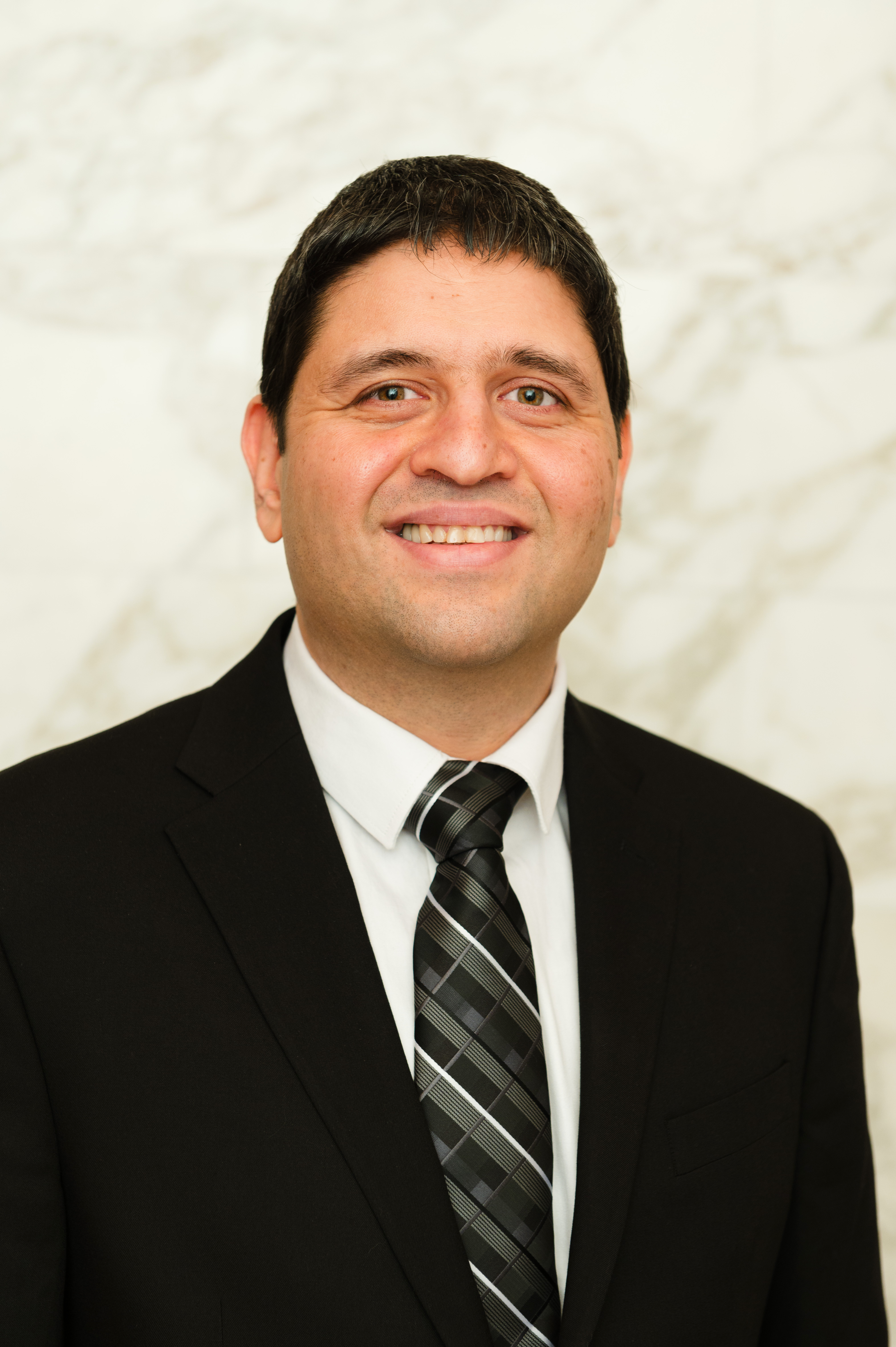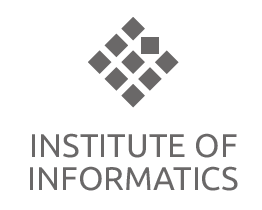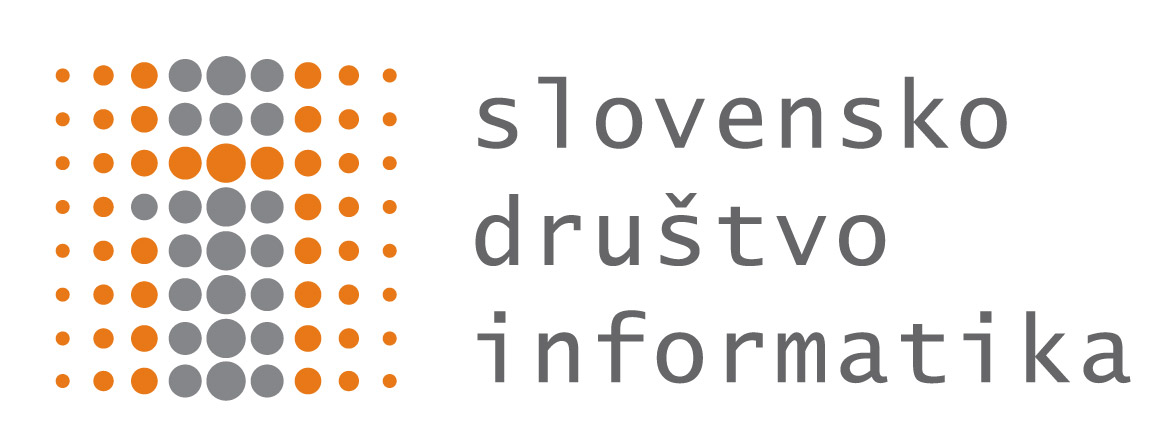 Jaideep Vaidya – KBA award winner
Jaideep Vaidya – KBA award winner
Jaideep Vaidya is a Distinguished Professor of Computer Information Systems at Rutgers University, the Director of the Rutgers Institute for Data Science, Learning, and Applications. His research is at the intersection of privacy, security, data mining, data management, and artificial intelligence. He has published over 200 technical papers in peer-reviewed journals and conference proceedings, and has received best paper awards from the premier conferences in data mining, databases, digital government, security, and informatics. He is a Fellow of the AAAS, ACMI, AIMBE, IAHSI, IEEE, and IFIP as well as an ACM Distinguished Scientist. He served as the Editor-in-Chief of the IEEE Transactions on Dependable and Secure Computing, proposed the IEEE Transactions on Privacy, and is currently the Editor-in-Chief of the ACM Transactions in Internet Technology.
Talk title: AI and Conceptions of Privacy
In the current digital age, data is continually being collected by organizations and governments alike. While the goal is to use this data to derive insight and improve services, the ubiquitous collection and analysis of data creates a serious threat to privacy. Furthermore, the digitization and centralization of data creates attractive targets for cyber criminals, with security breaches harming both individuals and organizations. In this talk, we discuss what are the implications for privacy in the age of AI, and present some of our recent work on conceptualizing and preserving privacy.
 Nastja Cepak
Nastja Cepak
Nastja Cepak completed her PhD in cryptography in 2018 on Famnit, University of Primorska, with a focus on symmetric cryptography, block ciphers and highly non-linear Boolean functions. While still partly employed at the University of Primorska, she has in recent years been transferring her theoretical knowledge into practice at the company CREAPLUS in Ljubljana. There she works with hardware cryptographic solutions such as hardware security modules (HSMs), public key infrastructures (PKI), and encryption solutions. In the past years her team has been focusing on the emerging post-quantum cryptography standards. They are specifically interested in the various usecases where migration to PQC will require various adaptations.
Talk title: Post-Quantum Cryptography and the Decade of Transition
The advent of quantum computing poses a significant challenge to the cryptographic foundations underpinning digital security. In this talk, we delve into the critical transition from classical cryptographic algorithms, such as RSA and ECC, to post-quantum cryptography (PQC) that is poised to secure our digital infrastructure against quantum adversaries.
The next decade will be marked by an unprecedented shift as organizations worldwide prepare for this transition. Central to this effort is the United States’ mandate to fully deprecate RSA and ECC by 2035—a deadline that highlights the urgency of adopting PQC standards. This talk will explore the technical, operational, and strategic considerations involved in migrating to PQC, offering insights into the challenges and opportunities this transition presents.
Join us as we discuss the roadmap to a quantum-secure future, including the latest developments in PQC standards, the integration of hybrid cryptographic solutions, and the role of international collaboration in navigating this pivotal moment in cryptographic history.
 Reinhard Posch
Reinhard Posch
Reinhard Posch is a founder of the Institute of Applied Information Processing and Communications at Graz University of Technology and headed the institute from its very beginning and has become emeritus on October 1st 2019. His research interests include applied information processing with a focus on IT security, eGovernment and IoT.
As the CIO for the federal government since 2001 he is primarily involved in the strategic coordination of activities in the field of information and communications technology that concern all levels of government. As scientific director of the Austrian Secure Information Technology Centre the main efforts are computer security, cryptography, secure hard- and software and eGovernment.
He was chairman of the board of trustees of the non-profit foundation Stiftung Secure Information and Communication Technologies SIC which has been donated by Graz University of Technology. As such he participated in many EU large scale pilots. One outstanding result in this context is the “Handy-Signatur” a most successful instance of the Austrian Citizen card that was also used as a model for the remote Signature of eIDaS (ID-AUSTRIA). He acted also as Chair of the Board of ENISA, the European Network and Security Agency.
He took part in various groups installed by the European Commission to elaborate ICT and security strategies (e.g. „Future Internet Visionaries“, RISEPTIS). He was a member of the “Rat der IT Weisen” he is providing advice to the Commissioners Kroes and Sefkovic in the area of IT-Security to assist the implementation of the Digital Agenda. Helping Greece to recover from the economic crisis he worked with the Reichenbach Group to assist implementing innovation in the Greek eGovernment. He also participated as an advisor of the European Bank for Reconstruction and Development in the IT advisory board. Reinhard Posch got awarded the Grand Decoration of Honor in Silver for Services to the Republic of Austria.
Talk title: eIDAS2 – a milestone for security in public services?
eIDAS2 represents a major step forward in digital identity. While eIDAS1 focused on high security, it struggled with adoption. eIDAS2 addresses this by combining strong security with greater flexibility and mobile usability, thanks to the new European Digital Identity Wallet. This allows citizens to carry and use their identity, qualified attributes, and electronic signatures on their smartphones, across the EU, and without needing a prior contract with every service provider.
Unlike traditional physical cards, mobile wallets offer real-world convenience and adaptability, especially for modern use cases like remote identification, services of digital government as well as major private players, and even offline scenarios (e.g. digital driver’s license, student ID). This shift away from static ID cards also prepares us for the next big security challenge: quantum computing. With eIDAS2, the EU is in a better position to adapt cryptographic systems quickly as threats evolve.
Compared to private solutions (Google, banks, etc.), eIDAS2 ensures interoperability, legal certainty, and privacy, rooted in a public trust framework. The big questions remain: Will citizens embrace the wallet? Will major tech players follow EU law? And will the system scale to become the new standard? If Europe gets both security and adoption right, eIDAS2 could truly become the milestone it aims to be.

